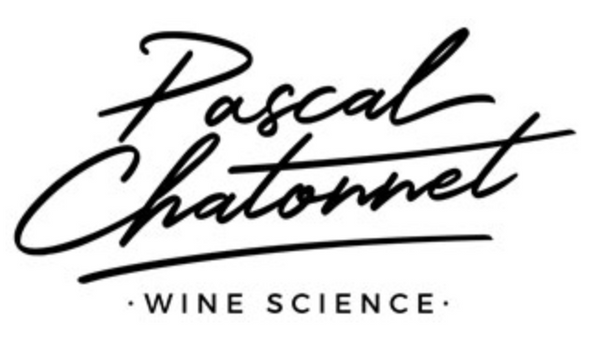
Syncretic approach to respectful and efficient agriculture
Between knowledge and knowledge
Whether a researcher investigating biodynamics or a farmer wanting to discover its foundations, the neophyte has several written sources to try to understand and/or implement its principles.
First of all, this neophyte should logically refer to the text which lays down the principles. Reading this founding text and essential reference for biodynamics tends to confuse a reader who is not initiated into the principles of anthroposophy. Anthroposophy is a philosophical-spiritual current which underlies biodynamics and of which Steiner is also the initiator. There we first find numerous references to knowledge that could be described as peasant knowledge in the sense that they seem to refer to a tradition and a wisdom supposedly specific to this universe and linked to direct experience of the earth. Expressed in sayings or almanacs, this knowledge, for example that which concerns the taking into account of lunar cycles, is revalued by Steiner for their relevance and their direct relationship to the experience of nature, where science often refers them in the sphere of superstitions…
We always talk a lot here about knowledge, but what about knowledge?
These two concepts are often confused, but in fact there is a certain difference. The French term “knowledge” comes from the Old French “conoistre” which dates from the 11th century. The latter derives from the Latin cognescere and noscere which mean at the same time to learn, to know and to know.
Knowledge derives from the Latin sapere and sapio which means having taste, intelligence, prudence. In everyday language, knowledge and knowledge are more or less synonymous. However, it is interesting to distinguish the active process of producing “knowledge” from its result, “knowledge” or “acquired knowledge”. It is about bringing into play the difference between the action and its result, which amounts to saying that the implementation of knowledge produces knowledge and not the opposite!
Knowledge is an active relationship with the world which aims to create a representation of it and to explain it. This activity generally combines action and reflection. There are various types of knowledge that are more or less effective, reliable and realistic.
Acquired knowledge is the corpus of concepts accepted and transmitted, the organized set of information in a given field. Some of the knowledge acquired represents the world in a certain way and can be used for practical purposes. It only needs to be learned and it accumulates over generations, thus constituting culture.
The quality of knowledge depends on the knowledge process used to produce it. We can distinguish knowledge from philosophical reflection, knowledge from scientific practice, knowledge from religious belief, practical know-how, etc. The quality of knowledge is variable and depends on the type of process (the type of knowledge) which was used to constitute it. The value of knowledge depends on the epistemic quality of the process that generated it.
Two competing pieces of knowledge about the same thing are not necessarily differentiable at first glance. For example, two pieces of knowledge about the world, one affirming that the Earth is at the center of the Universe, and the other that it revolves around the Sun, are only differentiable if we know the process which produced them. product. Geocentrism is knowledge derived from ordinary observation and religious tradition; heliocentrism requires mathematical calculations based on astronomical observations.
Both the content of knowledge and its quality depend on the mode of knowledge that was used to produce it. Valid theoretical-empirical processes produce true knowledge, adequate to the world, while that which is not, false or uncertain knowledge.
Conventional agriculture prides itself on pure science and therefore pure knowledge to justify its vade mecum. In contrast, the biodynamic approach essentially claims knowledge and little knowledge. What is actually disturbing for a generally Cartesian mind like mine is to stop at this state of affairs or to rely, failing that, on explanations that are most often completely vague...
First of all, the fact of not being able to explain or not understanding absolutely does not imply that the hypothesis is obsolete. Then, I am convinced that most of the practices and claims of effectiveness of biodynamics can in fact be explained in a sometimes very clear manner, simply by simply relying on knowledge (scientific therefore) rather than on "elemental beings" or to distant cosmology….For the rest, perhaps we do not yet have the necessary knowledge for interpretation, or perhaps there is no explanation because there is no action…
We will see that through numerous examples, the “claims” of biodynamics can be verified, or even explained, by scientific knowledge; sometimes to justify the biodynamic vision, other times not. In other cases, hypotheses can be formulated to reconcile the pragmatic and scientific approach with the intuition of biodynamics. Finally, in other cases, the gap remains too great for the syncretic approach to achieve a constructive consensus: disagreement or incomprehension will remain.
